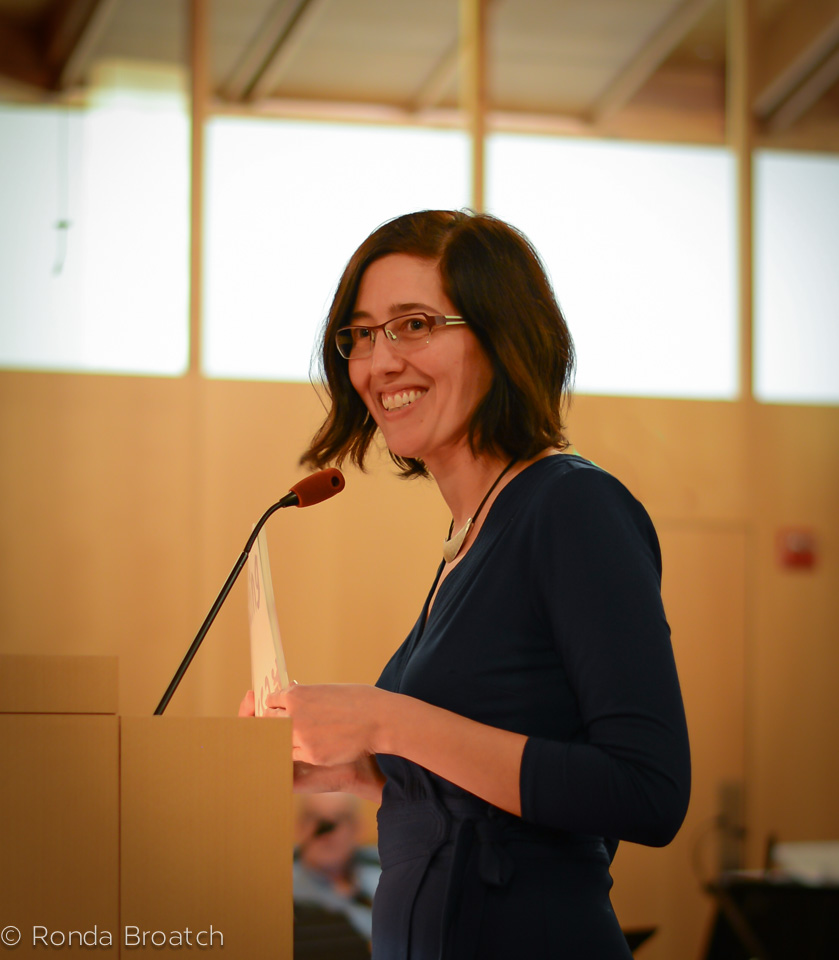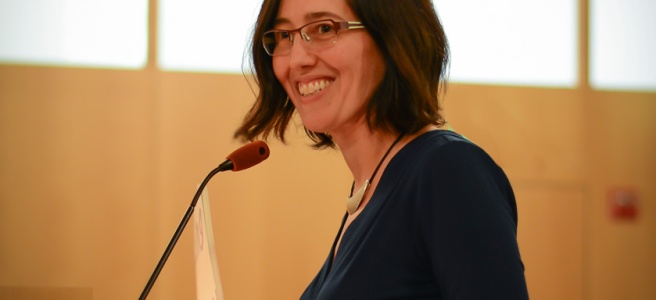10/14/19
A Nation (Imagined) by Natasha Kochicheril Moni
winner of the 2018 Floating Bridge Press chapbook contest
A Nation (Imagined) (Floating Bridge Press, 2018) is a lyric poem about love, grief, nature, and graceful endurance. The format is one long poem bookended by two short poems, and the story is a simple one: a man and a woman love one another, he goes off to war, she stays home, he dies and she continues to think of him. But the way Moni tells this story is anything but simple. Just because a book is short does not mean it is not profound.
The opening poem “And what if everything” makes it clear that this is going to be about death and memory. We are going back in time. First we are in a field of daffodils, and then we are in a minefield. The transition is brief and shocking, as if the reader is the one who is blown up. We start with sex and move to death where,
–the pause after love
before love which is–
now You are in a field
of daffodils
– no –
a field of living mines
If you bend left, death. If you bend right, memory. This is the prologue, the poem that teaches the reader how to read the rest of the work. Thank you, much appreciated. It’s good to have a guide, even if I’m not quite certain just how much I can trust the poet who is leading me onward. The long poem begins,
Remember the year you forgot to water my jade
and ends with,
Do you remember this?
Next, we are going to have the catalogue of what happened, in poet time, in real time, and in a mix of the two. I feel as if I had been given the chance to open a secret box, to read letters I am not supposed to know about, and I feel a little guilty, but I don’t want to stop reading.
Now the poet writes to her lover, telling him what has happened since he left, how she wishes he would write to her, then I turn the page and she says a letter arrived three years too late, that their tree will be firewood,
Tomorrow
our madrona
becomes a cord
what will keep(our heat)
And what will keep their passion alive, now that he is dead? This is a poem about coming to terms with grief, also about not coming to terms with grief. She wants to send him his chickens, tries not to weep, gives him a list of what she saw on her daily walk in the woods. She saved a wildflower from a young girl who wanted to cut and press it.
“They” (the ever present outside world), would like her to do various things, to be more like someone else, to behave in a recognizable manner, but she wants her lover to “enter and with care // strike the lantern” . . . taste the apricots,
on your favorite plate your favorite plate
the one chipped
from too much loving.
This might be my favorite passage in the whole book.
Then there is the bargain she wants to make at the end of this poem: “unwind your voice / from my inner ear and I will ” not steam open the letter written to him, which started this whole story. What is in that letter? I am not going to find out, and I like that.
And now the final poem, the other bookend, “Letter to a Lover Whose Name Spells Dark Bird.” This is, of course, a letter to Corbin, the dead lover. Corbin is a variation on Corbie, which is another name for crow or raven, birds of intelligence connected with death and messages from the dead. This poem has the kind of bargaining that deep grief brings, past pleading and near madness, but such resigned madness. Here’s how it starts,
Look, when you call – bring the basket
and here’s how it ends,
Meet me and we
will forget our bodies were ever anything buta little salt, water
waiting to be stirred.
and in between is,
the year we spent a lifetime
sailing in the boat of our bed.
So that’s the last poem. I have read the story, and have been changed by it. What makes this chapbook so fulfilling is how real the grief and love are, how tender and fierce the poet narrator’s love for her dead Corbin, and then the ending, with the unopened letter. Because at the last, we never really know another person. We can guess at them, follow the clues from how their lives cross ours, but each person contains many mysteries.

Natasha Kochicheril Moni is the author of four poetry collections and a licensed naturopathic doctor in WA State. Her most recent chapbook, A Nation (Imagined), won the 2018 Floating Bridge Press Chapbook Award. Natasha’s writing has been featured in over sixty-five publications including Verse, Indiana Review, Entropy, The Rumpus, and the recently released Terrapin Press anthology, A Constellation of Kisses. As a former editor for a literary journal, a panelist for residency and grant award committees, and a chapbook contest judge, Natasha loves supporting fellow writers. She owns and operates Helios Center for Whole Health, PLLC, which offers naturopathic appointments, medical writing, poetry manuscript consultations, and writing and wellness lectures/workshops.
natashamoni.com
helioswholehealth.com
Risa Denenberg is the curator at The Poetry Cafe.
She is a co-founder and editor at Headmistress Press and has published three full length collections of poetry, most recently, “slight faith” (MoonPath Press, 2018).

